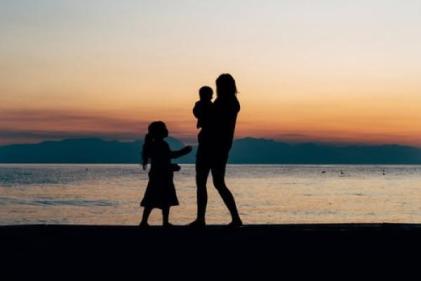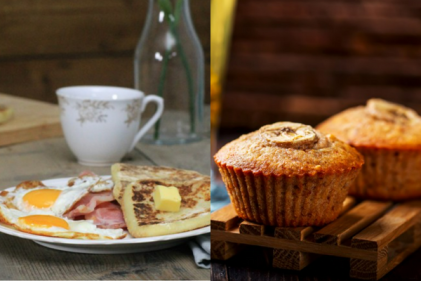Baby acne is most commonly found on the cheeks of a baby, but may also be present on the forehead, chin, and sometimes the back. The eruptions look like small white-heads that are ringed by reddened skin. These eruptions can also have the appearance of adult pimples. The condition may appear mild while the baby is calm, but can look much worse when the baby is fussy or overheated. Baby's saliva, spit-up and the action of rough fabrics on the delicate skin, can also aggravate the condition. The use of harsh detergents on fabrics, clothing and blankets that come in contact with the baby's skin can also worsen the rash.
Baby acne tends to occur in babies three to four weeks old, and generally clears up without intervention away when the baby reaches the age of three or four months. This condition is more common in male babies than in females. Baby acne is rather common, affecting almost 20 percent of all newborn babies.
A precise, proven cause has not been found. Some experts believe baby acne may be precipitated by the passing of hormones from mother to baby in the last stages of pregnancy. These hormones stimulate activity such as lung maturation in preparation for the baby to leave the womb, but they also cause an increase in oil gland activity. The increase in oil gland production may be the cause of baby acne.
Other suspected causes of baby acne include the use of some medications by the mother during the pregnancy or while nursing, medications that may be given to newborn babies and the diet the mother ate during pregnancy. Prevention of baby acne is nearly impossible, but the condition can be treated to a certain extent.
Daily cleansing is the best treatment for baby acne. Just wash the baby's skin with a mild soap and clean, warm water. Don't used medicated soaps and do not scrub, as both of these actions will just irritate the skin further. Switch laundry detergent and fabric softener to a brand made specifically for baby's delicate skin. Residues left by harsh chemicals in some detergents can make the condition worse.
Don't let formula, breast milk or spit-up, stay or dry on the baby's tender skin, since these will clog skin pores resulting in the appearance of white-heads, blackheads and pimples. Never apply lotions, creams, or oils to the affected area, because these only serve to further clog the pores. You should never use any type of over the counter acne treatment on a baby's skin. The active ingredients in these solutions are much too strong for sensitive baby skin and may cause burning, excessive dryness and inflammation.
Baby acne tends to occur in babies three to four weeks old, and generally clears up without intervention away when the baby reaches the age of three or four months. This condition is more common in male babies than in females. Baby acne is rather common, affecting almost 20 percent of all newborn babies.
A precise, proven cause has not been found. Some experts believe baby acne may be precipitated by the passing of hormones from mother to baby in the last stages of pregnancy. These hormones stimulate activity such as lung maturation in preparation for the baby to leave the womb, but they also cause an increase in oil gland activity. The increase in oil gland production may be the cause of baby acne.
Other suspected causes of baby acne include the use of some medications by the mother during the pregnancy or while nursing, medications that may be given to newborn babies and the diet the mother ate during pregnancy. Prevention of baby acne is nearly impossible, but the condition can be treated to a certain extent.
Daily cleansing is the best treatment for baby acne. Just wash the baby's skin with a mild soap and clean, warm water. Don't used medicated soaps and do not scrub, as both of these actions will just irritate the skin further. Switch laundry detergent and fabric softener to a brand made specifically for baby's delicate skin. Residues left by harsh chemicals in some detergents can make the condition worse.
Don't let formula, breast milk or spit-up, stay or dry on the baby's tender skin, since these will clog skin pores resulting in the appearance of white-heads, blackheads and pimples. Never apply lotions, creams, or oils to the affected area, because these only serve to further clog the pores. You should never use any type of over the counter acne treatment on a baby's skin. The active ingredients in these solutions are much too strong for sensitive baby skin and may cause burning, excessive dryness and inflammation.






